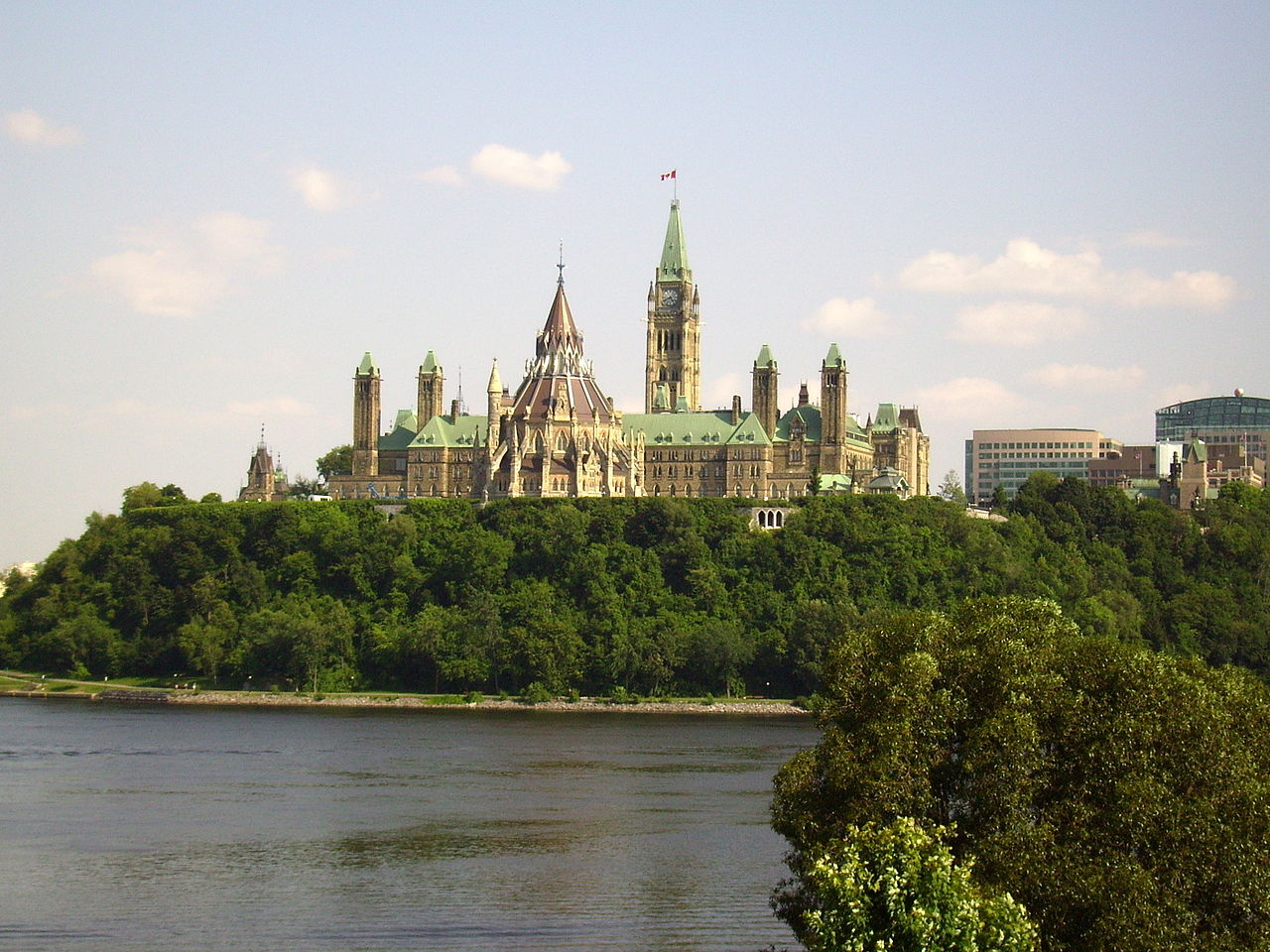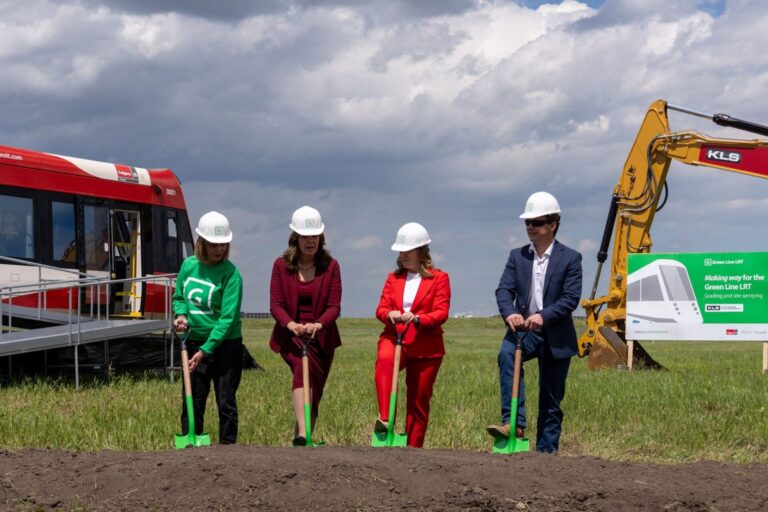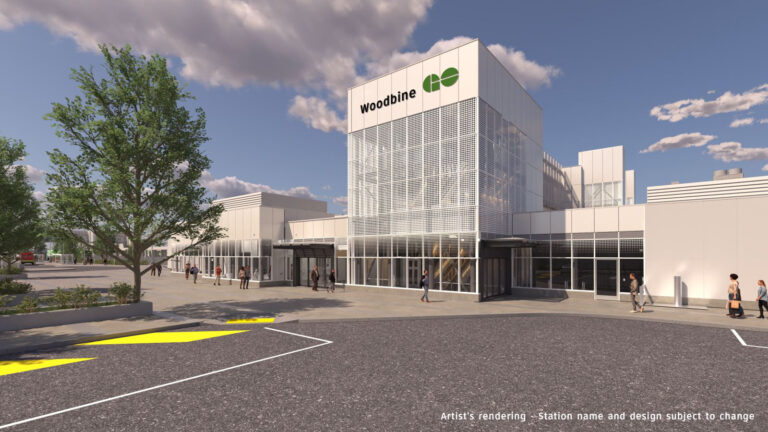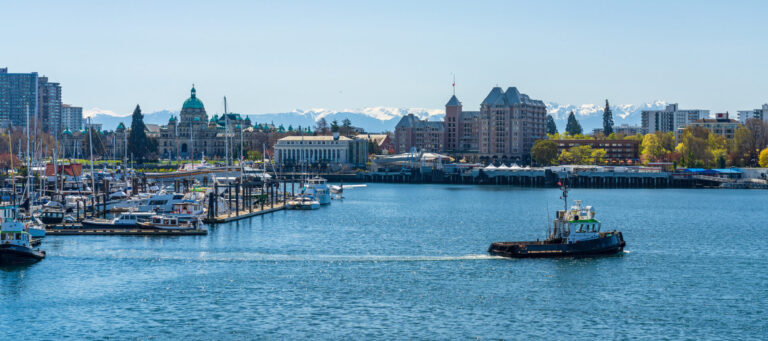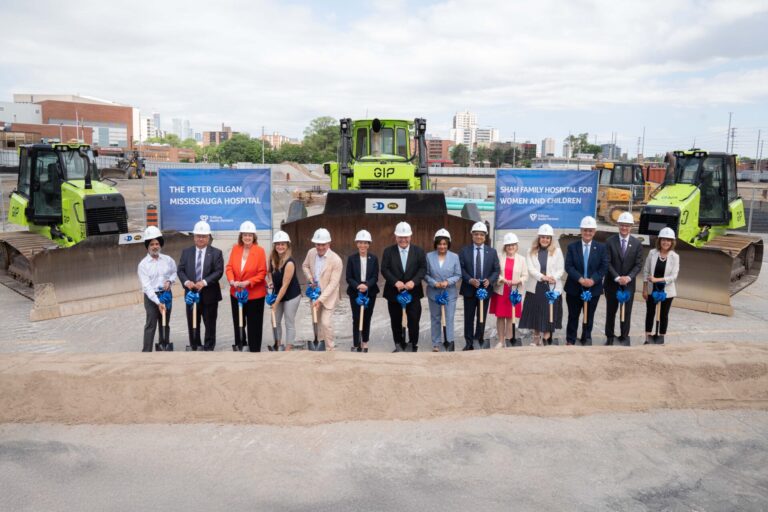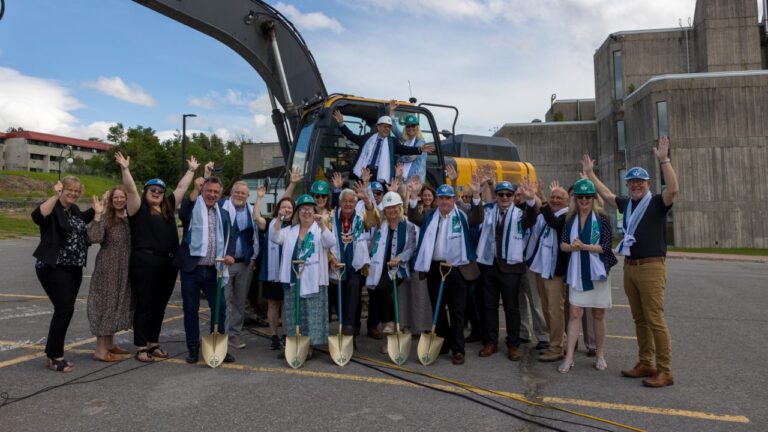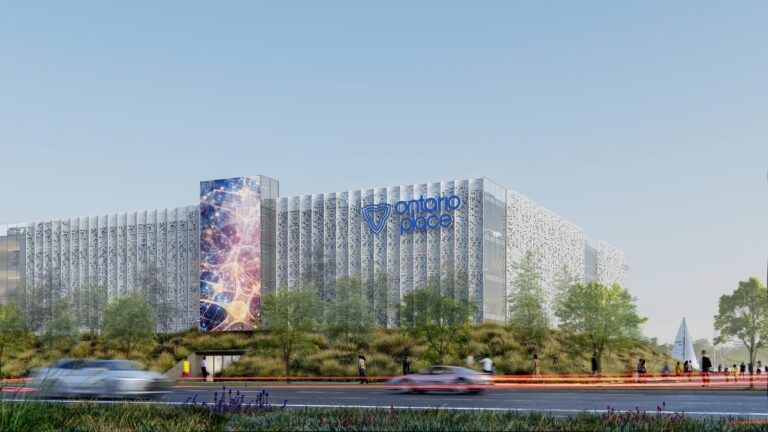Results weren’t in from any of the polls in British Columbia yet, but at a few minutes after 10:00pm eastern time, the networks declared that the Liberals had indeed kept power in Ottawa. What no one knew at the time was minority vs. majority.
But as the dust settled in the early morning hours, the picture became clear, and the Liberal government received a second mandate, albeit a minority.
Now the question becomes, who will prop up the Liberals and at what price? Speculation has always been that it would be the New Democratic Party, forming a potential coalition government, or will the Liberals hold the reigns of power on an issue-by-issue basis.
With the Liberal-NDP minority coalition the most likely scenario to play out, it is likely that infrastructure will not be reduced by dollar value, but the priorities themselves could shift. The Liberals had promised an addition $3 billion annually in permanent transit funding. The NDP aren’t likely to balk at that, since they have been big supporters of transit, but the NDP would likely want to see some of those dollars focused on reducing transit fares for low-income families in major urban centres.
Where a coalition could get tricky is on the issue of the Canada Infrastructure Bank. Both the NDP and the Conservatives have stated that they want to scrap the Bank. It is difficult to gauge how much of a deal-breaker the Bank could be in coalition negotiations, but with $35 billion earmarked for the Bank, including $15 billion from the Investing in Canada plan, the NDP could have other expectations for how that money should be spent.
How the key players fared
Here are the results for cabinet ministers and parliamentary secretaries invlved in public sector infrastructure development in Canada:
- Minister of Infrastructure and Communities Francois-Philippe Champagne – re-elected in Saint Maurice-Champlain by just over 2,000 votes
- Minister of Finance Bill Morneau – re-elected in Toronto Centre with more than 55 per cent of the vote
- Minister of Transport Marc Garneau – re-elected in Notre-Dame-de-Grâce—Westmount with more than 50 per cent of the vote
- Minister of Environment and Climate Change Catherine McKenna – re-elected in Ottawa Centre with close to 50 per cent of the vote
- Minister of Natural Resources Amarjeet Sohi – defeated in Edmonton Mill Woods
- Parliamentary Secretary for Minister of Infrastructure and Communities Marco Mendicino – re-elected to Eglinton-Lawrence with more than 50 per cent of the vote
Among the other notable names that were defeated on election night includes former Deputy Prime Minister Ralph Goodale (Regina-Wascana) and Conservative Party Deputy Leader Lisa Raitt (Milton).
The election may be decided, and the final votes cast and counted, but there is still a great deal yet to be decided. Until the dust settles, all we can do is speculate about the future of infrastructure development from the federal perspective.

